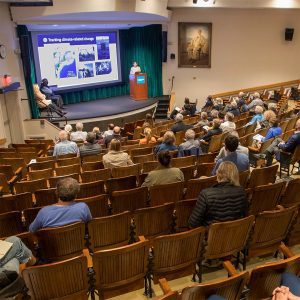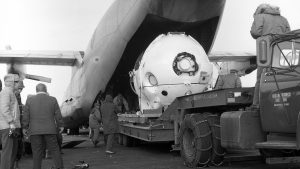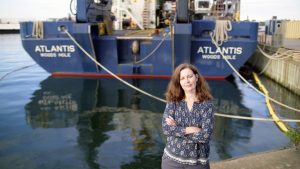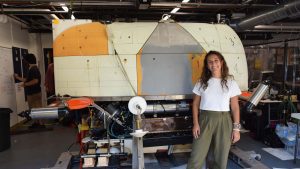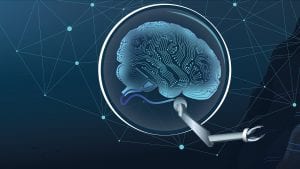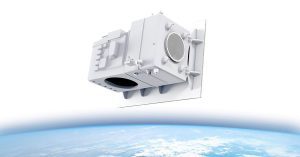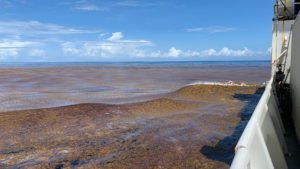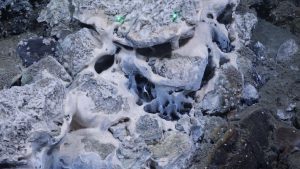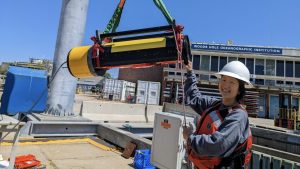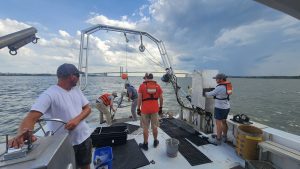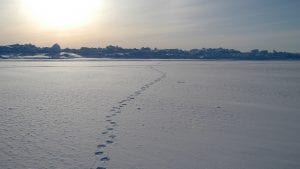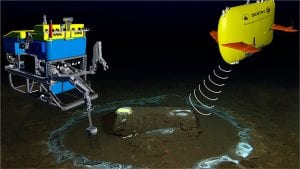Research Highlights
Oceanus Magazine
News Releases
Satellite measuring land, polar, and coastal regions could launch by 2030
The findings point to warming ocean temperatures, shifting nutrient regimes, and changing circulation patterns as likely contributors to this emerging basin-scale redistribution of Sargassum.
A distinctive oceanic core complex releasing hot fluids has been identified at a depth of 2,700 meters on the Arctic Ocean’s floor.
Research Associate will complete a project at the National Fisheries and Marine Research Institute in Angola.
Researchers make urgent call for convergent interdisciplinary research to combat worsening crisis
News & Insights
An investigative report this week in the LA Times features the work of WHOI’s marine geochemistry lab in identifying the discarded barrels and analyzing samples from the discovery.

